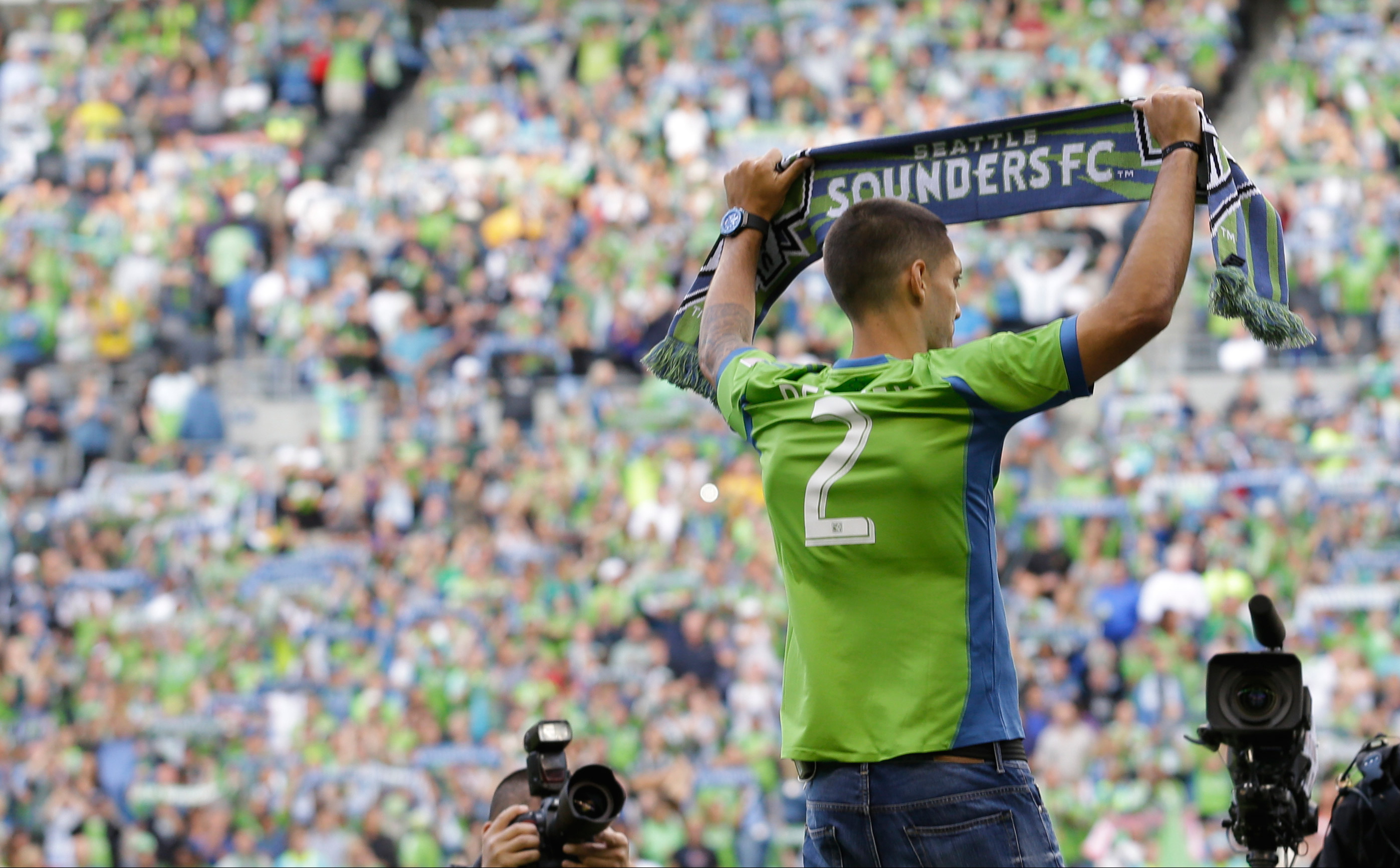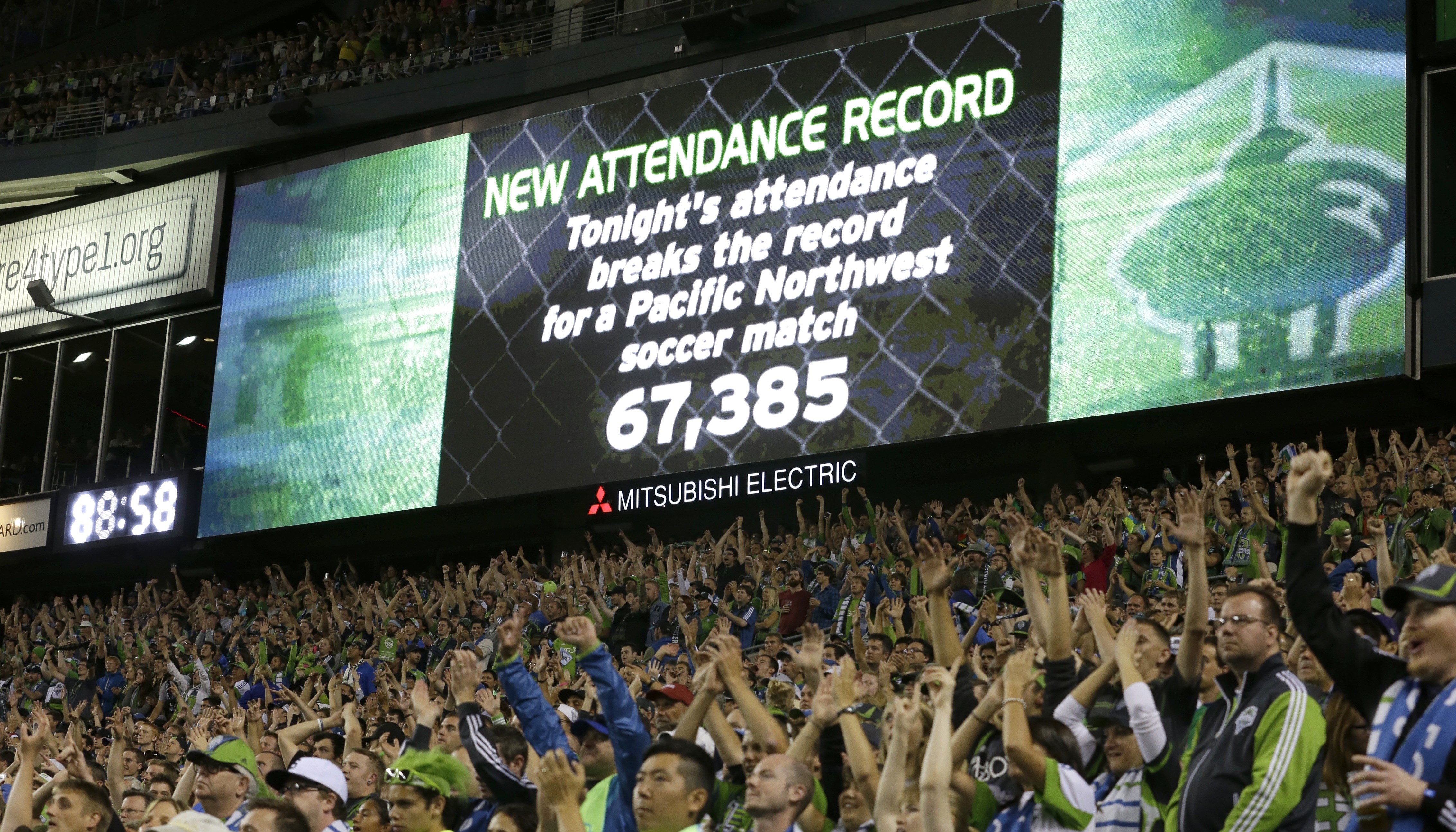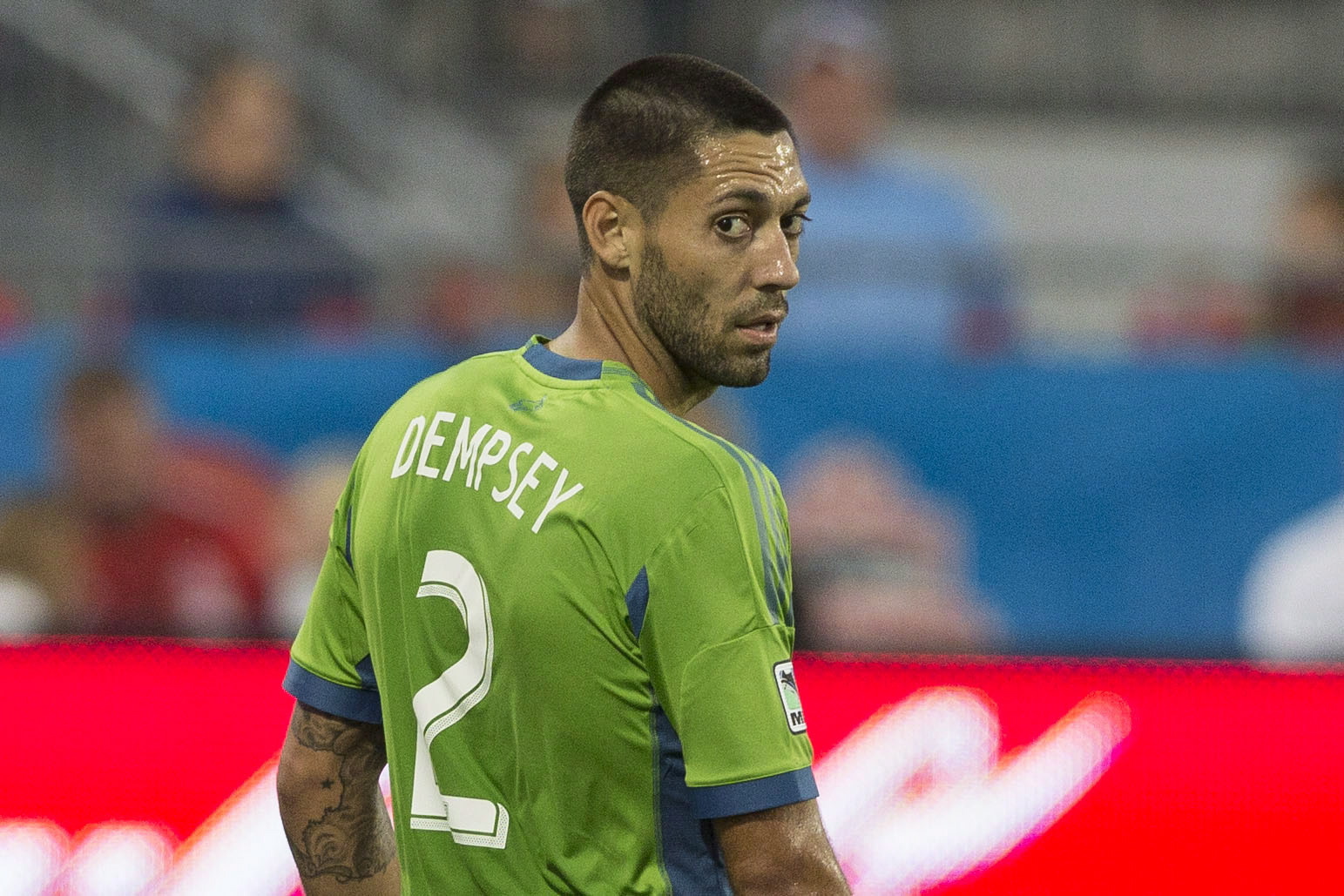MLS: A league standing on its own two feet
FFT.com's Stateside Tim Stannard pens the first in a series of blogs on America's blossoming league

There's a big, crunching problem when charting the rise and rise of MLS, a league which aims to be the largest top-flight division in world football by 2020, with 24 participating clubs. In these heady days, any question posed to the movers and shakers involved in the league feels so tremendously... patronising.
The 67,000 in Seattle’s CenturyLink Field to watch the Sounders face off against rivals Portland Timbers on Sunday don't need a pat on the head from the Old World on their game’s steady development.
Nor do the 50,000 passionate souls who showed up in San José for a Californian derby win against LA Galaxy, as exciting as any game played anywhere on the planet this season. Nor do the fans of Real Salt Lake, current leaders of the two MLS conferences combined, who sing their anthem “Believe” for every second of every minute of every game.
And nor do the players, coaches, managers and owners of the current 19 MLS teams spread across the USA and Canada, participating in a vibrant, breathtakingly diverse league packed with culture.
Get FourFourTwo Newsletter
The best features, fun and footballing quizzes, straight to your inbox every week.

It's been a rocky road since the league’s creation in 1996. Franchises have come and gone, or even moved cities - but now the MLS is standing proudly on its own two feet. No longer does it need big hitters like David Beckham in its ranks to get fans through the turnstiles. Last season’s average attendance of 18,807 continued a steady year-on-year growth and puts the league on a par with Ligue 1 and England's Championship.
The reasons for its success and stability lie in careful planning, and a clear philosophy has created arguably the most competitive league in the world. Potential franchise owners are clamouring to pay up to $100 million for a place at the big table. Every game is as open as the league title race itself. Through salary caps, limits on the number of 'star' players and an annual draft system designed to boost the poorest performers, a general parity between teams is maintained.
“We want our fans to have hope at the beginning of the year that they can win the championship. It makes every game competitive,” Adrian Hanauer, General Manager and co-owner of the Seattle Sounders told FourFourTwo. “We are very much attached to the philosophy and the path we’ve chosen.”
Potential franchise owners are clamouring to pay up to $100 million for a place at the big table
This balance can be seen in the results of the current MLS season, which runs from March to November. After 26 rounds, only two teams have managed to win four straight matches. Of last season's four sides in the conference finals (won by LA Galaxy against Houston Dynamo, with the Chicago Fire and Vancouver Whitecaps making up the numbers), it is only the Californian side currently in their respective conference’s play-off zone.
“Every single game is competitive,” claims Paul Mariner, the former Arsenal and Ipswich striker who has been involved in the game Stateside since the late eighties. “It’s not like La Liga where you know who is going to win, one of the two. Here you don’t know who is going to win the Supporters Shield or the Play-offs. It’s of great interest to fans for the whole season.”
There are still challenges the MLS must overcome as the league continues to expand, with a rival to Thierry Henry’s Red Bulls - the aptly named New York City FC - coming in 2015. While Seattle pull in crowds upwards of 40,000 for home games, Chivas USA are struggling to get 7,000 through the gates.
“In the end you still need time, and you cannot create a tradition in five years,” notes the club’s Sporting President, Dennis te Kloese, on a league that has added three franchises in as many years with an aim of five more by 2020.

As the quality of the average MLS player increases, with greater focus on youth development over expensive, ageing imports, keeping talent within the structure will become a struggle. The challenge, glamour and salaries available in Europe will always be the greater draw, and the return of Clint Dempsey to MLS ranks is still the exception rather than the rule.
This series of articles will look into the MLS' current state of play, from the vibrancy of the game in the Pacific North West to the founder members' struggles in gaining ground on the young bucks. We'll discuss how to become a fully fledged franchise holder, and how the league's growth will affect the country's ever-improving international side.
The MLS has both an exciting future and some big hurdles to clear - but there's no doubting its ability to continue its steady progress. That said, the strength and self-confidence of the Stateside game is such that it wouldn't matter if anyone across the Atlantic argued otherwise anyway.
